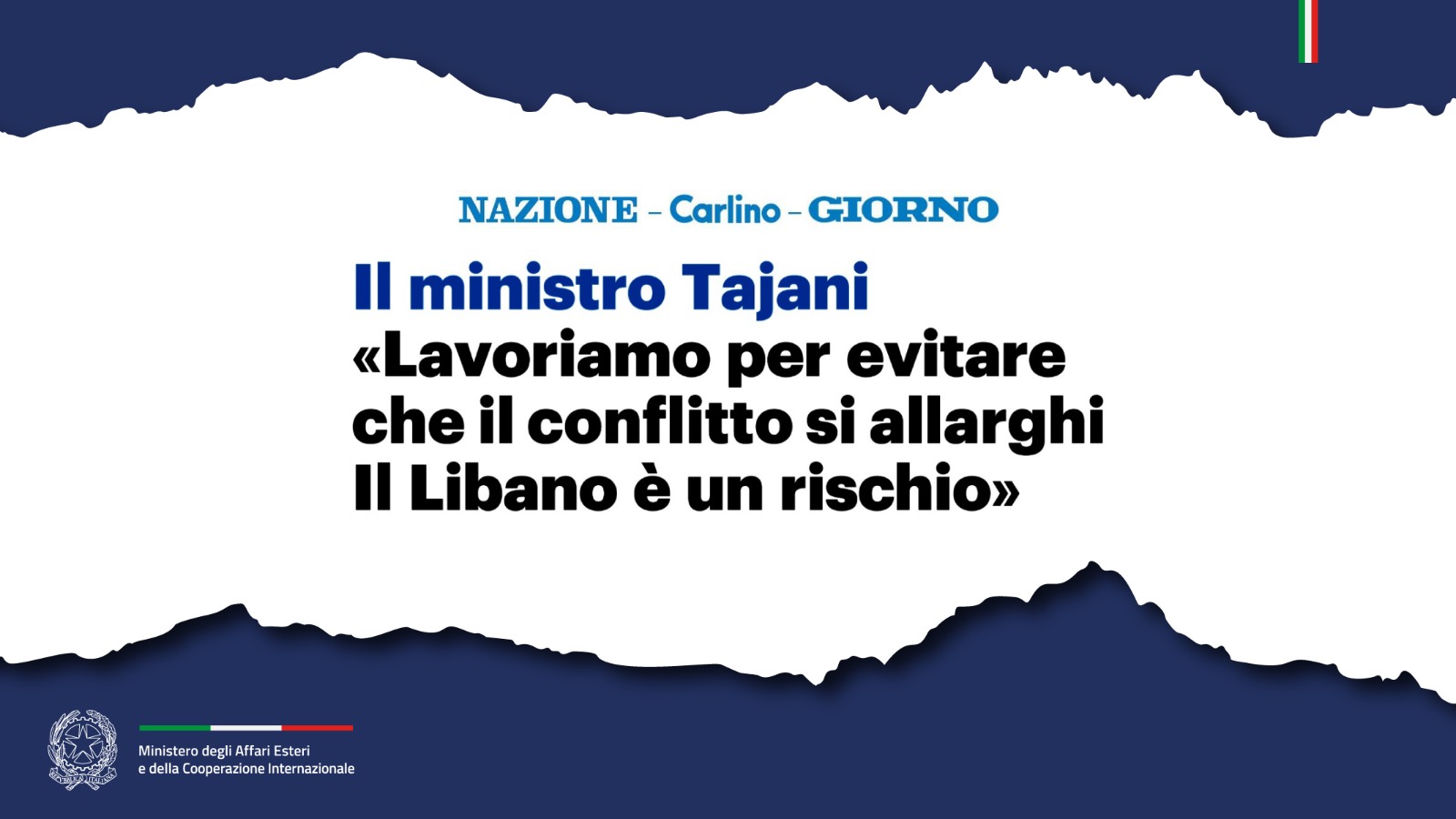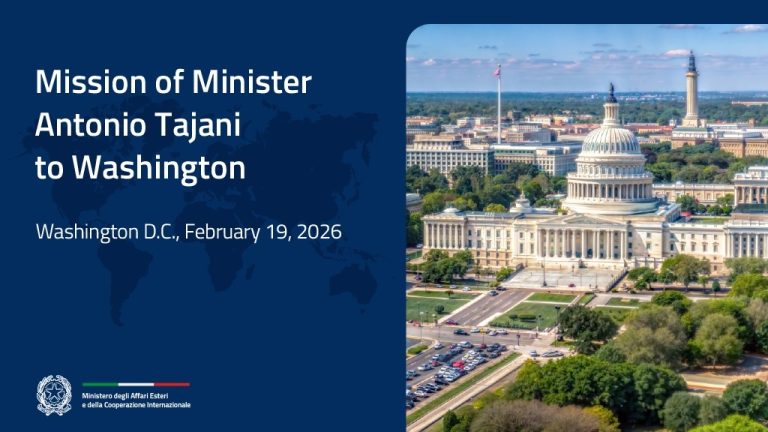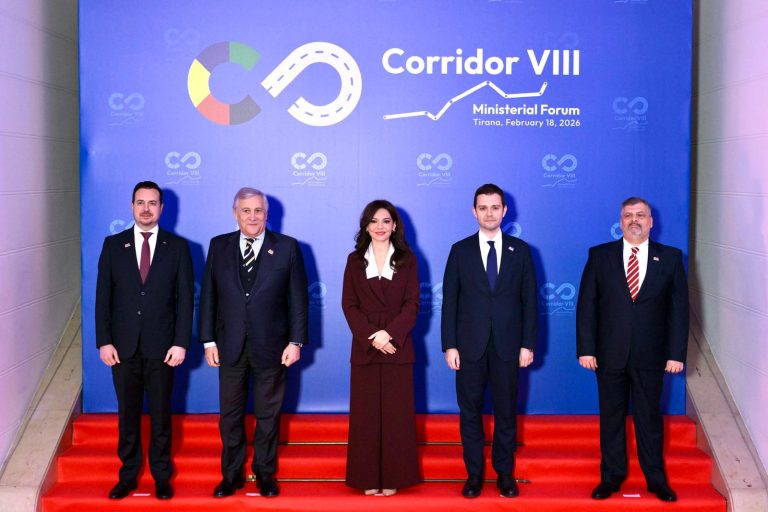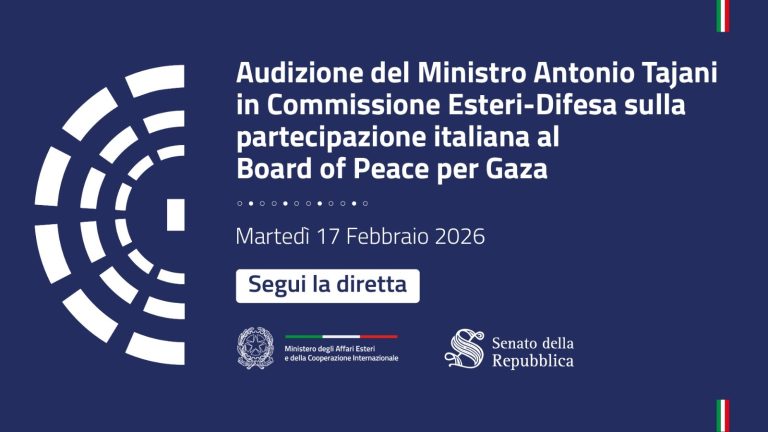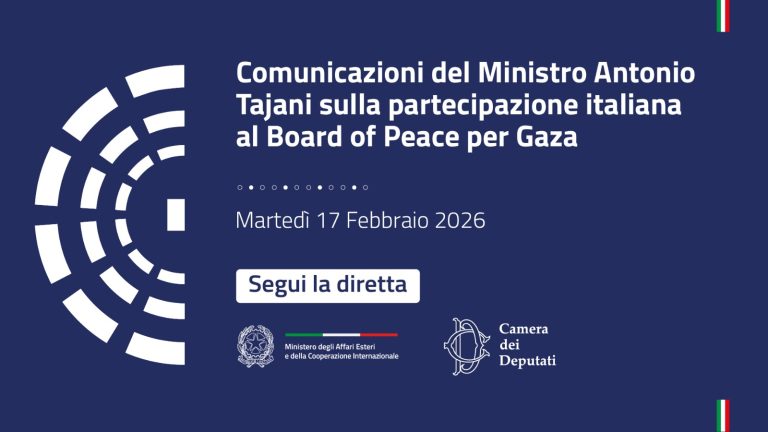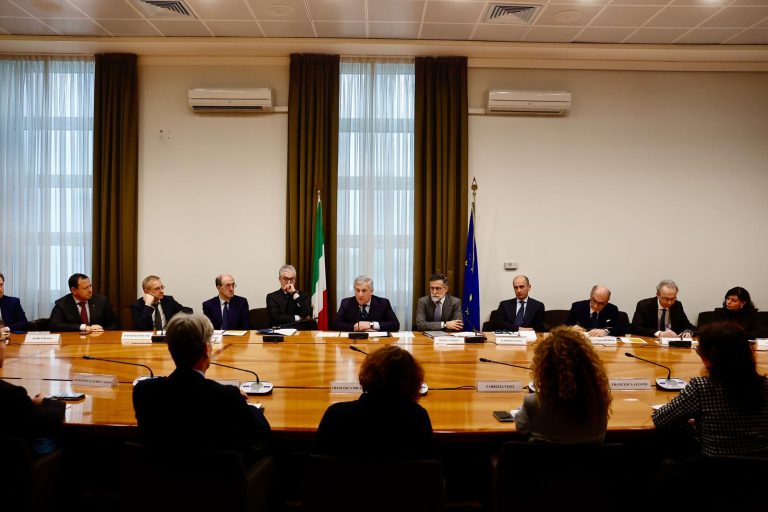On the brink of a war that could take on disastrous proportions, the head of Italian diplomacy, Antonio Tajani, is among the most active in trying to prevent the situation from escalating at the last minute. The objective that the Minister of Foreign Affairs has been pursuing since 7 October, trying to gain support from all his interlocutors, can be summed up in one word: de-escalation. In the meantime, however, the conflict risks breaking out not only in Gaza but on an even more dangerous front: Lebanon.
Minister, do you believe that a war between Israel and Hezbollah is imminent? Is there a real risk of the conflict spreading to Lebanon?
“The risk is real, we are working so that war doesn’t happen. In the next few hours I will be in Tunisia to discuss this issue as well: the country has been the PLO headquarters for many years, so they are closely following the Palestinian issue. We are trying to convince them to play a peace-making role”.
You strongly advocate for a de-escalation. But what does it concretely mean?
“To ensure that the conflict does not spread to other countries, and to reduce its intensity as much as possible between Israelis and Palestinians. This requires Hezbollah to cease launching missiles at Israel, and Hamas to avoid escalating the conflict”.
Is the release of the hostages the first step to start the de-escalation?
“The release of the hostages will certainly serve to ease the tension, like the opening of the Rafah border crossing or the supply of food, water and medicine to the Gaza Strip. However, we must never forget that, in this story, there are aggressors and a victim, which is Israel”.
What can European diplomacy, and Italian diplomacy in particular, do? Can we apply the credentials acquired during the first Republic, when Italy had a special relationship with Arab and Palestinian countries?
“Yes, absolutely. Italy can play an important role. We have good relations with Arab countries, even though they know we are siding with Israel. The meetings we are holding are the result of very good diplomatic relations. We are also working a lot in Africa and in the Gulf countries: we discuss peace with all our interlocutors. We have done the same with Israel, asking them for a ‘proportionate’ reaction. And I believe that at the moment it is proportionate: we do not believe that the missile on the Gaza hospital was launched by the government in Jerusalem”.
Would the invasion of Gaza be a proportionate response?
“You should ask Netanyahu. We are telling Israel that international law must be respected, and the civilian population must not be involved, for the Palestinians are not Hamas”.
How do you isolate Hamas from the Palestinians?
“By eradicating Hamas and talking to the Palestinian National Authority. Now, however, it is important that Hamas cease fire against Israel”.
Do you really believe that Israel can negotiate with Hamas?
“We have talked to Qatar and all those countries that directly or indirectly are in a position to talk to Hamas so that they get this message across and convince Hamas to release the hostages”.
Were they willing to cooperate?
“They are willing to work to find a solution”.
Hamas accuses the West of forgetting the Palestinian issue. Is this true?
“As far as Italy is concerned, this is not true. One of my first missions as Foreign Minister was to visit Israel and Palestine to meet the Palestinian National Authority. I received the Foreign Ministers of Israel and the PNA in Rome. Italy has always worked towards this end: two peoples and two States, while also maintaining that nobody can think of wiping Israel off the map”.
But is the ‘two peoples, two States’ approach actually possible?
“It is difficult, but political choices have to be made. It is true that when you get close to the goal, there is always someone who tries to trigger hostilities. Why did Hamas attack Israel? Because Israel and the Arab countries were starting a dialogue. We are working so that dialogue can be resumed”.
Minister, terrorist threat levels are high in Europe: should Italy fear terrorist attacks?
“There are no particular signs. We must not over-dramatise, but we must not lower our guard either. That is why we have decided to suspend Schengen at the border with Slovenia. We know that the Western Balkans is a high-risk area. There are migrants arriving from countries under observation, but there is also heavy arms trafficking”.
Can this set a precedent? Can the suspension of Schengen be repeated?
“We suspended free passage at the border due to an emergency situation. There was an attack in Brussels, two terrorists were arrested in Milan. It is a dangerous situation, I repeat, which should not be over-dramatised or underestimated”.

